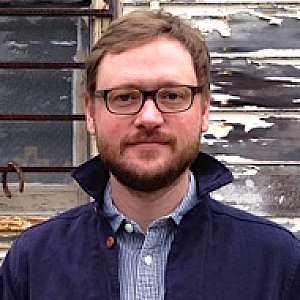
Ryan White
Content Editor

Content Editor
Ryan White is content editor of CenterforHealthJournalism.org, where he oversees daily content across a range of health topics. He also is the lead for the Center’s Health Matters webinar series. Ryan has nearly two decades of experience reporting, writing and editing for newspapers in California, national magazines and online outlets. After graduating from UC Berkeley in 2003, Ryan reported widely on the environment, local politics, urban planning, affordable housing and public health issues throughout the Bay Area and Los Angeles. In the past, he’s worked on KQED’s public television program “This Week in Northern California,” served as the editor of the Alameda Sun, worked as a reporter and editor for Marinscope Community Newspapers and freelanced for a long list of outlets. He was a 2012 California Fellow, reporting on the plight of the “anchor out” community in San Francisco Bay.
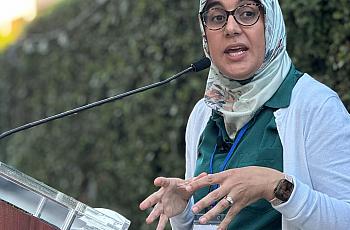
Duaa Eldeib, a reporter for ProPublica, shared the story behind her heartbreaking, high-impact series on "Stillbirths" in her address to the Center for Health Journalism's 2024 National Fellowship.

California Surgeon General Dr. Diana Ramos explains how her own childhood fuels her drive to raise awareness of childhood adversity and its links to poor health.
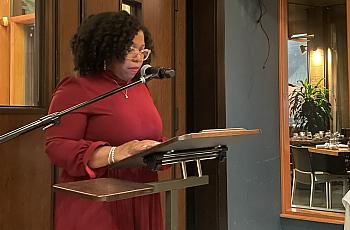
Childhood experiences inform a reporter's deeply reported series on how racism and inequities deliver worse health outcomes for Black Americans across the lifespan.
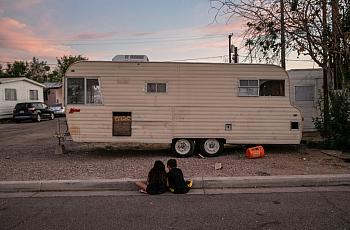
Kate Martin shares her approach to reporting on the child welfare system and holding problem-plagued agencies to account.

“I have learned through the school of hard knocks from public records,” Kelly told reporters at the 2022 Data Fellowship.
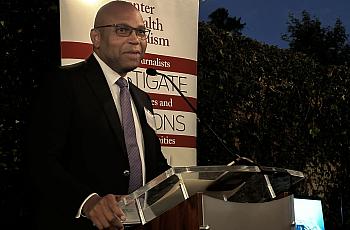
From periphery to a core skillset: Nixon reflects on massive shift in data journalism's role in newsgathering.
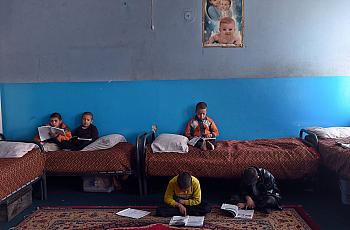
The trauma of losing a parent is an incalculable loss for a child anywhere, but the fallout is far greater for those kids forced into institutional care.